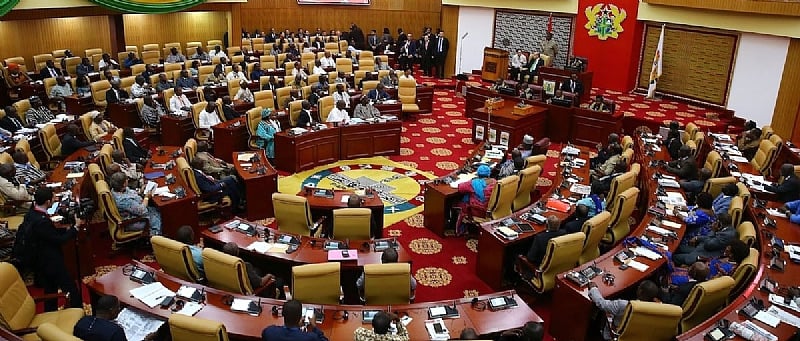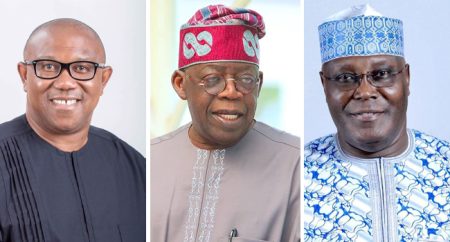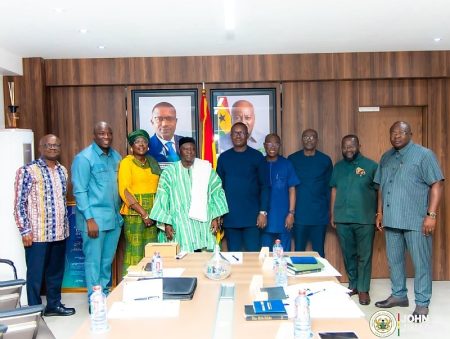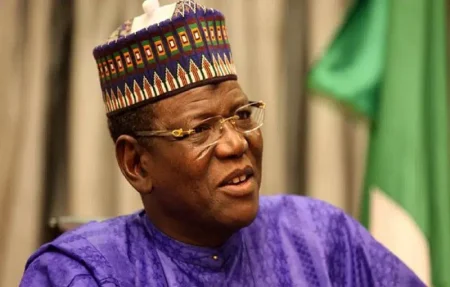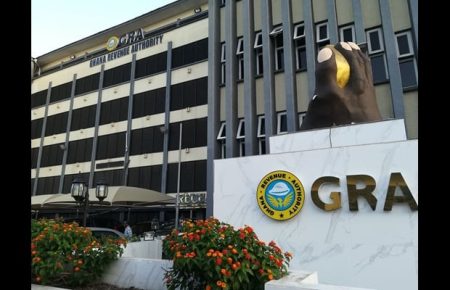The Ghanaian government, under the leadership of President John Dramani Mahama, is poised to launch a transformative 24-Hour Economy Policy on July 2, 2025. This ambitious initiative aims to reshape the nation’s economic landscape by stimulating private sector participation, generating employment opportunities, and fostering prosperity for all citizens. The policy, which has been in development, will be formally presented to Parliament after its unveiling for thorough deliberation and input from legislators on both sides of the political spectrum. This parliamentary review is deemed crucial to ensure the policy’s holistic implementation and nationwide ownership. The government projects the creation of at least 1.7 million jobs within the next four years, propelled by the anticipated industrial transformation resulting from this initiative.
Central to the 24-Hour Economy Policy is the planned conversion of the existing 24-Hour Economy Secretariat into a full-fledged Authority. This transition, which requires parliamentary approval, will expand the secretariat’s operational scope and empower it to effectively manage the multifaceted program. To finance this ambitious undertaking, the government aims to mobilize $4 billion over the next four years from international development partners and financial institutions. In addition, the government will inject an initial seed capital of $300 million to support businesses and individuals who participate in the program, bolstering their production capacity and fostering growth.
The 24-Hour Economy Policy is built upon three core pillars: Production Transformation, Supply Chain and Market Efficiency, and Human Capital Development. These foundational pillars are further supported by eight sub-programs: Grow 24, Make 24, Connect 24, Show Ghana, Go Ghana, Digital Technology, and Aspire 24. Each sub-program is strategically designed to address specific aspects of the economy, from enhancing agricultural production and strengthening value chains to promoting tourism and fostering a culture of productivity and innovation. The policy draws inspiration from previous national development initiatives, including Osagyefo Dr. Kwame Nkrumah’s seven-year development plan, the Savannah Development Authority (SADA), and the National Development Planning Commission’s 40-year development plan, integrating lessons learned into its framework.
The Production Transformation pillar, with agriculture as its cornerstone, aims to ensure food security and promote an export-driven economy. The ‘Make 24’ component focuses on boosting the manufacturing of goods and services, contributing to economic diversification and increased value addition. Simultaneously, the policy emphasizes human capital development through the ‘Aspire 24’ program, which seeks to transform the mindset of Ghanaian workers, minimize bureaucratic hurdles in the public sector, and cultivate a culture of productivity and efficiency. The interconnectedness of these initiatives is designed to create a synergistic effect, driving economic growth and national development.
Furthermore, the 24-Hour Economy Policy incorporates initiatives designed to promote tourism and national pride. The ‘Show Ghana’ component showcases the nation’s rich cultural heritage and engages the diaspora community to promote tourism, while ‘Go Ghana’ mobilizes citizens to participate actively in nation-building. The ‘Made-in-Ghana’ component encourages local manufacturing and consumption of domestically produced goods, further stimulating economic activity and creating jobs. The policy also includes plans for the Volta Economic Corridor, featuring industrial and agro-ecological parks and enhanced lake transportation on the Volta Lake to spur socio-economic development in the region.
The 24-Hour Economy Policy is a nationally focused initiative designed to harness the human resource capacity and ingenuity of Ghanaians to accelerate socio-economic transformation and create widespread employment opportunities. The government believes that by learning from the successes of countries like Singapore, Malaysia, China, and Denmark, which have implemented similar initiatives, Ghana can become a model of industrial transformation in West Africa and beyond. This comprehensive policy, spanning various sectors and addressing critical economic challenges, demonstrates the government’s commitment to building a prosperous and inclusive future for all Ghanaians. The upcoming parliamentary debate will be pivotal in shaping the final form of the policy and ensuring its effective implementation.





